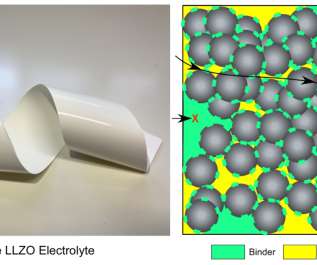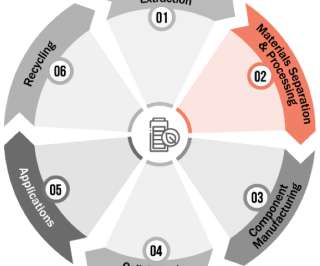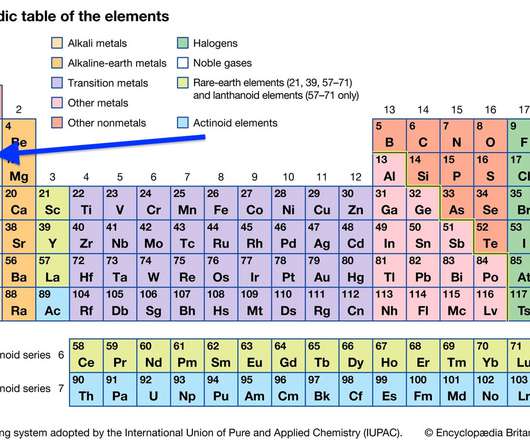Self-healing polymer wrapper enables longer cycle life in silicon anodes for Li-ion batteries
Green Car Congress
NOVEMBER 17, 2013
Top: The stress of repeated swelling and shrinking shatters a conventional silicon electrode and its polymer binding. Bottom: An electrode coated with stretchy, self-healing polymer remains intact. (C. 1 for Li 15 Si 4 at room temperature)—almost ten times that of commercialized graphite anodes. Wang et al.,





































Let's personalize your content